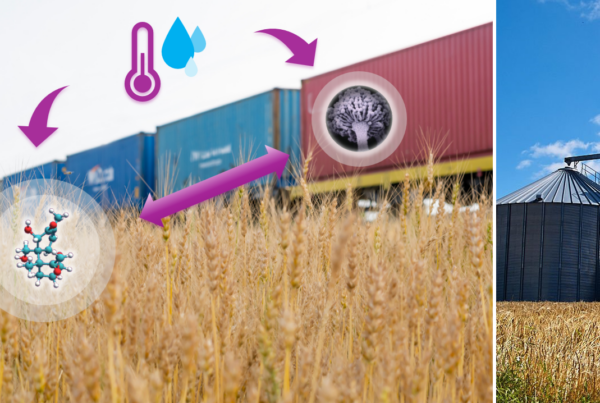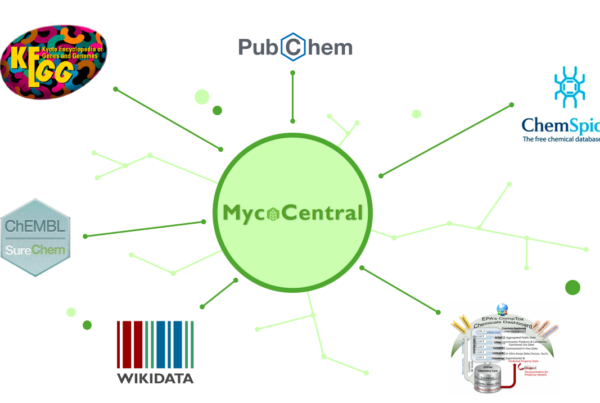The pork industry is being challenged by the Asian Swine Fever virus. Olmix offers a solution for customers facing a ractopamine ban or for those interested in achieving faster growing and more efficient pigs: MFeed+.
The African Swine Fever virus (ASFv) has devastated Chinese pork production. Recent estimations have shown that over half of China’s pigs have been euthanized or killed by the ASF virus totalling more than 300 million pigs.
China is the number one consumer of pork in the world both in total pounds and per capita. With half of their current pork supply gone and the rest dwindling by the effects of a still very active ASFv infection, China is having to turn to other countries to meet its pork demands.
Many European countries have turned to directly selling pigs to China, which is depleting pork in their own countries. The US and Brazil are changing directions to meet the demands of both China and Europe. It is because of this great deficit of pork that the Chinese demand has increased. Also, due to the ban on ractopamine in China, US companies are not using it so they can sell their product to fill demand.
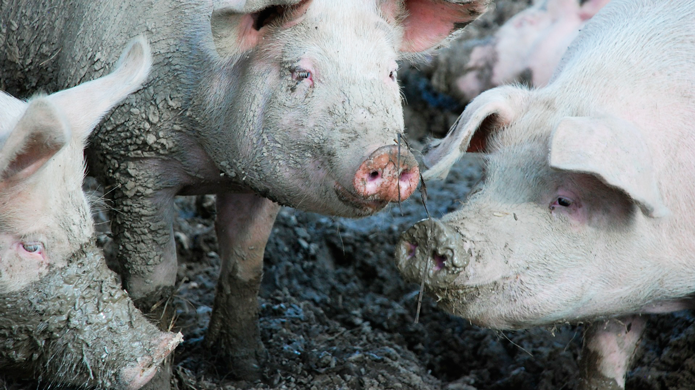
The African Swine Fever virus (ASFv) has devastated Chinese pork production.
What is ractopamine?
Ractopamine is a beta-agonist that activates cells that take energy from fat and use them to increase muscle cell size. However, in more recent year’s generic versions of Ractopamine have become available on the market. Ractopamine is banned in many countries due to consumer viewpoints and negative effects it may have on meat quality.
Producers and packing companies in the US are banning ractopamine
- Seaboard Foods
Seaboard has been ractopamine-free for many years and were the first large US producer to do so.
- Smithfield Foods
In 2018 Smithfield Foods also stopped ractopamine use from their finishing barns. This was largely in response to selling most of their pork products directly to China and even more so a result of Chinese ownership.
- JBS and Tyson
Tyson and JBS – major US pork processors – announced in October 2019 that they will join Smithfield by banning the use of ractopamine in pigs marketed to their plants in the first quarter of 2020. This decision was made to compete more effectively for export opportunities, specially China.
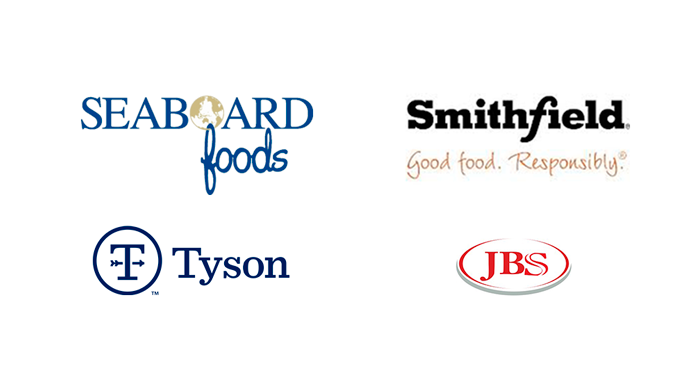
MFeed+, the solution from Olmix
In this critical context, Olmix offers a solution for customers facing a ractopamine ban or for those interested in achieving faster growing and more efficient pigs: MFeed+.
MFeed+, featuring unique and patented algae-clay technology
- MFeed+ works by making enzymes present in the intestine and added to the feed more efficient.
- It has shown to increase enzyme activity in the gut and improve digestibility in swine.
- MFeed+ has shown to improve daily weight gain and feed efficiency in finishing pigs.
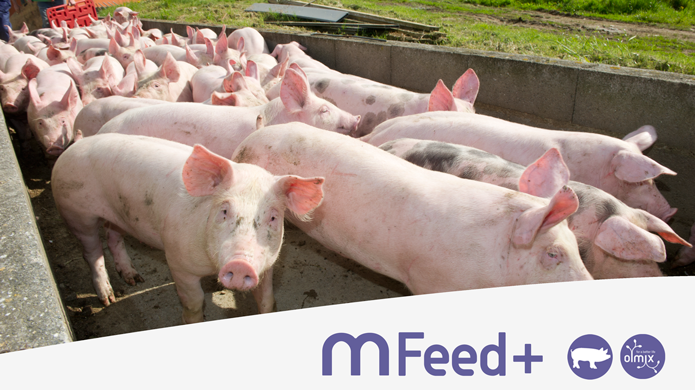
MFeed+ has proved to be a great alternative to ractopamine.
Data and trials
In a recent trial set up by Kansas State University in New Horizon Research Barn, 594 pigs (PIC 337 x 1050) were placed in 22 pens of 27 pigs each, blocked by body weight and arranged in 2 treatments:
- Control: fed with commercial diets (corn-soy based, meeting PIC 2016 requirements).
- MFeed+®: fed the commercial diets supplemented with MFeed+® (at 0.1% in grower 1 and 2 and 0.05% in finisher).
Conclusions
Thanks to the effect of MFeed+ on the digestive enzyme activity…
- MFeed+ improved feed efficiency, leading to an improved feed conversion ratio (-3pt, P=0.19)
- Higher growth rate (+2%, P≤0.05), particularly in the finishing phase -(6pt F:G, P≤0.05 and +3% ADG, P≤0.001).
- MFeed+ is very profitable, increasing the revenue by 2% and IOFC by 1%.
